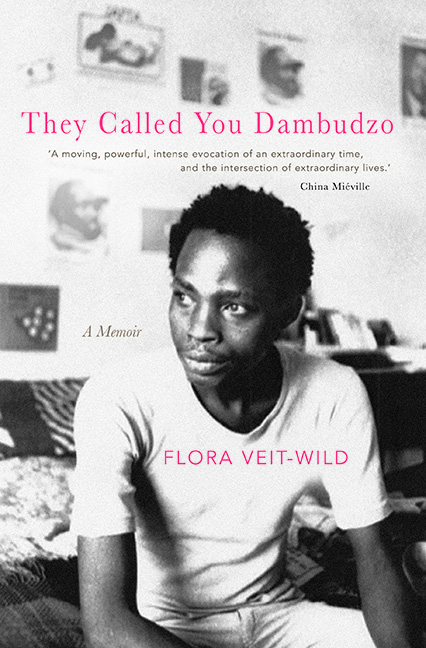Summary
‘Depression is like a lady in black. If she turns up, don't shoo her away. Invite her in, offer her a seat, treat her like a guest and listen to what she wants to say.’
CG JungA YEAR AFTER I HAD STARTED MY position and work as a professor I cracked.
I had my first bout of clinical depression.
The Lady in Black made her appearance.
It was August 1995. I was sitting at my desk, notes from a recent trip to Johannesburg in front of me. I wanted to prepare a course on South African literature for the next semester. I also wanted to write an essay with my impressions of the new voices on the literary scene after the end of apartheid.
I could not concentrate. I could not read. I could not write. I could not think. Everything was blurred. With every day, with every hour, it got worse. I found myself sinking deeper and deeper into a void. It was unstoppable. It was frightening. It was like shooting down into a bottomless hole, in an elevator whose cables have snapped.
I paced around my room. I beat my fists against the wall. I felt besieged by a hammering inside me driving me mad. At night I could hardly sleep.
I woke up at four or five, feeling clamped in a vice, a jackhammer inside me going ‘bumpbumpbump’.
Help me!’ I screamed. ‘I cannot go on like this.’
Victor was by my side. But what could he do?
The Kraken had me in his claws.
That is how I remember the beginning. The helplessness, the agitation, the drowning. And not knowing why.
Six weeks in a psychiatric hospital.
Where does it come from, I wanted to know.
What makes you feel like this, the doctors asked. Is it your medical condition with HIV? Are you afraid of getting ill, of dying?
No, I am not. I have lived with the virus for many years. I have been well; I have felt strong. I am not afraid. I am a fighter. But it has all been too much. I am exhausted.
My life needed a pause, a time of stillness and mourning. It all had been too fast. Our return to Germany two years before.
- Type
- Chapter
- Information
- They Called You DambudzoA Memoir, pp. 262 - 269Publisher: Boydell & BrewerPrint publication year: 2022



